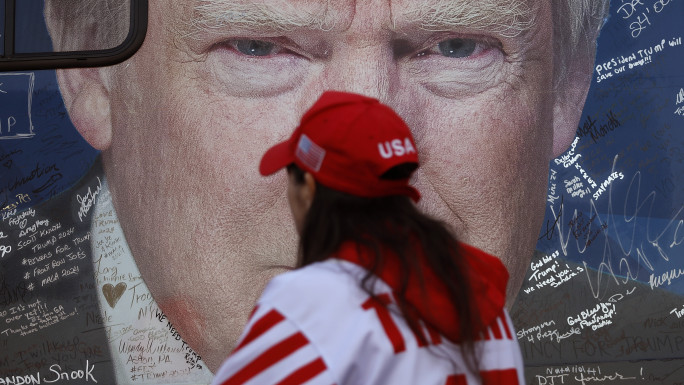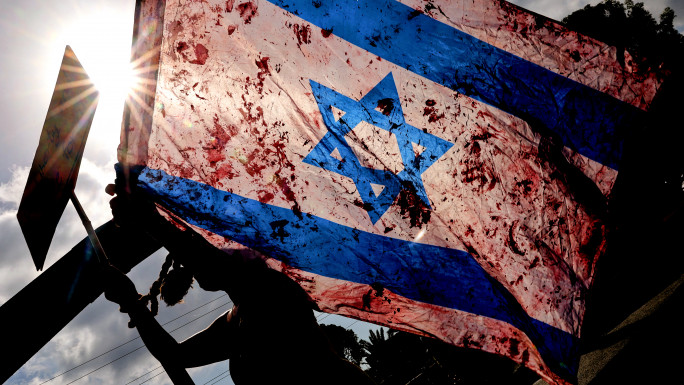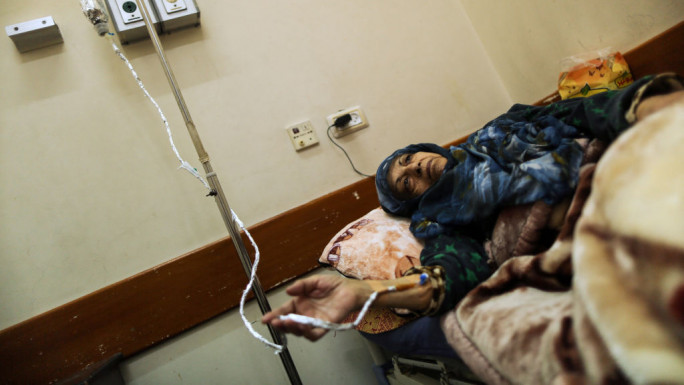Houthis vow to continue attacks on ports to prevent export of Yemeni oil
Yemen’s Houthi rebels have vowed to continue attacking ports in areas held by the Saudi-backed internationally recognised government to prevent the export of Yemeni oil.
The head of the Houthis' Supreme Political Council Mahdi Al-Mashat made the comment in a speech on 30 November to mark Yemen’s Independence Day from Britain.
"We renew our firm position to protect the capabilities of the people and prevent the looting of their oil and gas wealth," al-Mashat said, referring to energy exports as "loot".
Houthi forces have carried out multiple attacks on government-controlled ports to prevent oil and gas from being exported out of the country.
On Wednesday last week, the Houthis launched a drone attack on the port of Qena in Shabwa province, according to the group's military spokesperson, who said the operation "foiled an attempt to loot" Yemen's oil by preventing a ship from docking.
The United States called earlier this week on the Houthis to stop their attacks on the country’s ports but the group has ignored the call.
"At this critical moment, we remind the Houthis that Yemenis are calling for peace, not a return to war. To that end, we call on the Houthis to immediately cease their attacks on Yemeni ports, which are disrupting the flow of much-needed resources and exacerbating suffering across Yemen," the US State Department said on Monday.
US special envoy Tim Lenderking is on a visit to Oman and Saudi Arabia to support peace efforts in Yemen.
The war in Yemen has devastated the country, leaving millions at risk of starvation in what is the world’s worst humanitarian disaster, according to the United Nations.
Yemen's war began in 2014 when Houthi rebels seized the capital Sanaa.
The following year, a Saudi-led coalition intervened in support of the internationally recognised government. The Houthis are backed by Iran, Riyadh's biggest rival in the region.
The war has since turned into a multi-faceted and complex conflict with all sides accused of grave violations of human rights.





 Follow the Middle East's top stories in English at The New Arab on Google News
Follow the Middle East's top stories in English at The New Arab on Google News
![John Thune [Getty]](/sites/default/files/styles/image_330x185/public/2066760536.jpeg?h=a5f2f23a&itok=DQxzSizV)
![A picture shows the occupied West Bank village of al-Eizariya behind Israel's Apartheid wall on the outskirts of East Jerusalem [Getty Images]](/sites/default/files/styles/image_330x185/public/2022-11/GettyImages-1200150515.jpg?h=eec5a94e&itok=Q0NIO_eW)
![The op-ed used spurious Biblical justifications to lay claim to the southern Lebanese city of Sidon [Getty]](/sites/default/files/styles/image_330x185/public/2024-11/GettyImages-149261870.jpg?h=69f2b9d0&itok=d2wjWSis)